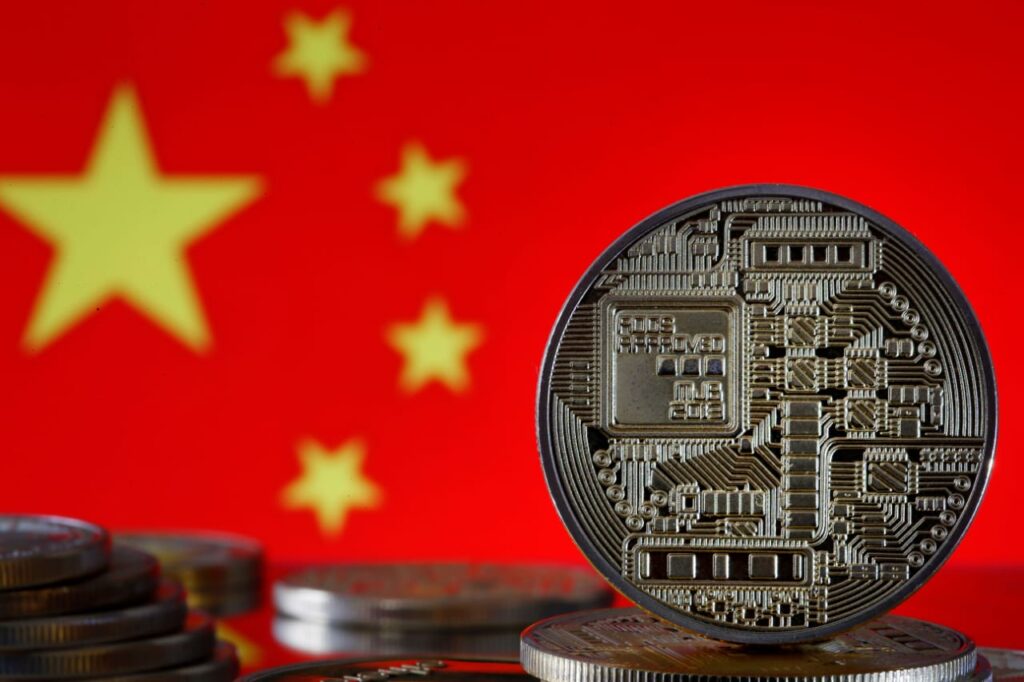
We all know that cash is king! But then along came Covid19 and changed that. No, this isn’t another one of how the economy was upended because of a tiny virus or anything. I am talking about the physical tender of exchange! Cash! Specifically, how the cash of future will probably no longer be a paper note signifying its value. And China has been one country making a lot of loud noises in that direction.
The Mess
But before we try to understand the Chinese digital currency, or even their recently announced East Asian Digital currency, lets takes take a step back and understand how currency notes came into existence. Before all this, people traded in goods. But the problem there was how do you equate apples with oranges? So then came along token money, usually issued by an independent entity, backed by a physical asset. In America it was called the Greenback currency. But it was so complicated, because each bank’s note carried a different value, so when you went to exchange those notes at say your local grocer, the person at the counter had to refer to the exchange value, and God forbid if they owed you change but ran out of the Greenback currency you paid in! They couldn’t pay you in another bank’s currency, because your bank wouldn’t recognise those notes, and you wouldn’t have been able to deposit it into your account. In short, it was a mess!
Revolution
Then came the fiat currency. The sovereign guaranteed that the note you carried were worth what was mentioned on it. And it was the same value, whether it came from your bank or your grocers! As the world started migrating towards the web, unfortunately currency still stayed unchanged. Sure, we had the cards ecosystem developing in parallel, but at the end of the day it was tied back to the bank notes sitting in your bank’s vault. So you see, for decades cash had no real competitor.
Until an anonymous author developed a paper on crypto currency- Bitcoin, which was based on blockchain technology (if you haven’t yet read our previous article on the same, I’d urge you to do so by clicking here). The beauty of bitcoin was that you didn’t need a sovereign to issue it you, you could potentially mine it yourself! And like the greenback currency, because anyone could mine(or issue) it, the value of bitcoin was volatile as mercury. So when China announced their digital currency, pegged 1:1 to the Yuan, it was almost like fiat currencies, but for the digital world!
China's Digital Currency - How will It Work?
So much for history lessons. Let’s try seeing how it will potentially work. The People’s bank of China will issue these currencies to a few bank partners and a few tech giants, who will be responsible for its distribution. They also aim to ensure multi-homing of the currency, and hence would possibly result in higher acceptance, be it at a shop, ATM etc. Another advantage is that you do not require the account details to complete a transaction. And, for small value transactions you do not require an internet connection and transfer will immediately reflect in the beneficiary’s account. This is called the “touch & touch” feature, where you just bring your devices together, and voila transfer complete. Sounds so much like all those Sc-Fi movies doesn’t it.
China has already started running trial runs with its digital currency, with half the payments to their government employees in Shenzhen, Suzhou, Xiong’an and Chengdu districts being paid out in digital equivalent. They have partnered with merchants like Starbucks, Subway & McDonald’s to name a few for their trials, and initial reports coming in seems to indicate a good acceptance of the currency.
It’s also important to understand why China decided to launch a digital mobile currency. The Chinese populace moved from using cash to mobile wallets provided by their omniscient tech giants, like Alipay, WeChat etc. So it made sense to solve for issues that this system faces as that would mean smaller learning curve and faster adoption. Also, at a time when handling of cash comes in with its own set of challenges, in terms of disinfecting them, handling them etc. moving to digital touchless interface would help facilitate commerce activities. And if reports are to be believed China wishes to make this fully operational before the 2022 Olympics.
Why that particular target?
Well, it could also be tied back to their East Asian Digital Currency initiative, an initiative that will possibly foster the free trade relations amongst the countries, while enabling seamless fund transfers across border. Now this currency is not too markedly different from Facebook’s Libra, a currency that conspicuously missed out the Yuan in its basket. Japan was only too eager to join China’s basket after having been dropped like hot potatoes from Libra, which made international markets view the Yen as a not so appealing currency to trade in. Essentially that stopped Japan from investing in the infrastructure to set up a whole new currency system online, because if others aren’t going to see value in it, it will end up becoming a sunk cost. Interestingly, the currencies involved with Chinese basket are all the ones that China has strong export relationship with. Should that be a cause for concern? Maybe, it could potentially mean that China ends up with the control buttons for the valuation of those currencies, in theory.
Conclusion
And lastly, let’s examine what this means for the citizens. Given the current situation, the government of China plans to have a digital tracing mechanism to aide in the contact tracing process in order to curb the spread of the virus. Sources say that this will be turned off once things are under control. However I couldn’t find any official statement on the same, so what follows is partly my conjecture and the hypothesis of a few journalists. The digital currency owing to its transparent nature will be a boon on curbing the activities in the shadow economy, and bring all legal economic activities under the authorities’ purview. This could potentially lead to slow down in the black market goods which used to previously deal in cash. But on the flip side, it means tighter vigilance of the people. And we’ve all seen enough of Black Mirror to know that is not going to end pretty now is it!
